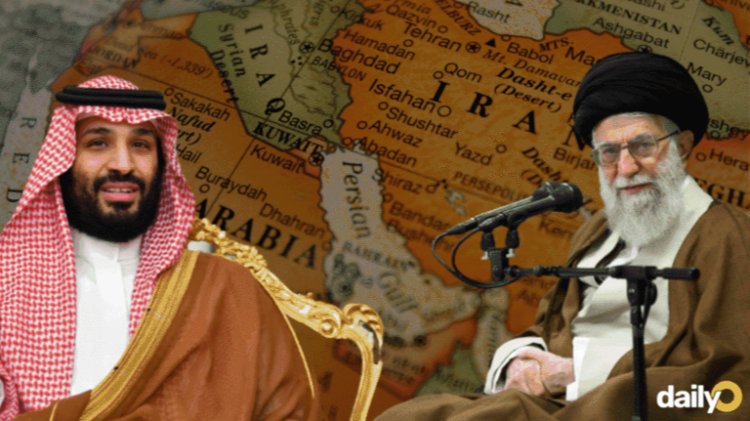The Origins of the Longstanding Hostility Between Saudi Arabia and Iran Since 1979
Saudi Arabia Resumes Tehran Embassy Operations After Seven-Year Hiatus

After a hiatus of seven years, Saudi Arabia has officially reopened its embassy in Tehran. The Gulf nation had severed diplomatic ties and closed its embassy in 2016 following a protest that saw the Saudi Arabian embassy stormed by demonstrators. The closure was prompted by the execution of Sheikh Nimr Al-Nimr, a prominent Shiite leader, by the Saudi administration in January 2016 on terrorism charges. This execution was part of a broader crackdown, during which as many as 46 individuals were executed in a single day, accused by the Saudi administration of involvement in terrorism.
The recent reestablishment of diplomatic ties between the two nations was facilitated by China in March 2023.
However, this development merely scratches the surface of the longstanding conflict that has characterized the relationship between these two influential Middle Eastern countries since 1979. Notably, the 2003 US-led invasion of Iraq shifted the dynamics in Iran's favor, resulting in a Shiite-backed government taking control in Iraq.
Likewise, Iran welcomed the hanging of Saddam Hussein in 2006, who was found guilty of possessing weapons of mass destruction.Tensions between Saudi Arabia and Iran have been steadily intensifying over the past 15 years. Beginning in 2011, hostilities have escalated as both nations vie for influence in Syria, Yemen, and Bahrain.
In Syria, Iran, with the support of Russia, has provided backing to President Bashar al-Assad's regime in quelling rebel factions supported by Saudi Arabia.Concurrently, Saudi Arabia has launched offensives against Houthi rebels in Yemen, whom it alleges are backed by Iran. While Iran refutes these claims, there have been indications of Iranian support for Houthi rebels.
Moreover, Saudi Arabia enjoys significant support from Washington, which backs its endeavors against Iran. Israel, considering Iran a significant threat, aligns with Saudi Arabia to counter Iranian influence. Israel is particularly concerned about the infiltration of pro-Iranian forces in Syria, potentially bringing them closer to its borders.
Is the Thaw in Relations Genuine?
Though Saudi Arabia's embassy reopening in Iran signifies a step forward, the underlying tensions between these Middle Eastern powers remain far from resolved. Both nations possess vast oil and mineral resources, making them critical players in the global energy landscape.

 chandni
chandni 



